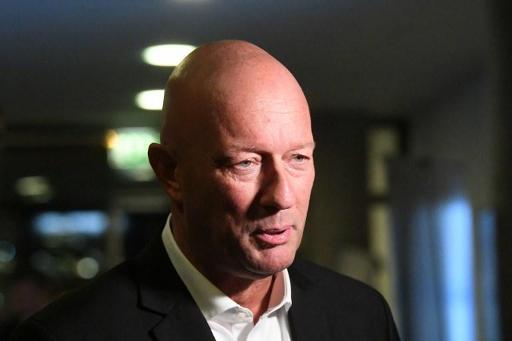For the first time in Germany’s post-war history, the Minister-President of a regional state has been swept to power by extreme-right votes, breaking a longstanding political taboo.
The candidate of the liberal FDP party, Thormanmas Kemmerich, was elected prime minister of Thuringia in the region’s parliament on Wednesday by a sliver-thin majority, thanks to the votes of all members of the anti-migrant and anti-elite Alternative for Germany (AfD) party in addition to those of most legislators from Chancellor Angela Merkel’s Conservative Party.
Kemmerich pipped outgoing Thuringian Premier Bodo Ramelow of the radical-left De Linke party by one vote. Ramelow had been backed by the Social Democrats and Greens.
“This is the first time in the history of the Federal Republic of Germany that a Prime Minister of a regional state has been elected with votes from the AfD,” German political scientist Andre Brodocz commented.
Until now, Germany’s traditional right-wing and centre-right parties, such as Angela Merkel’s Christian Democratic Union (CDU) and the small FDP, had always refused any cooperation or alliance with the extreme right. With Wednesday’s vote, the wall between the two groups has come tumbling down, with the CDU and FDP now allied with the extreme right.
This break with tradition, dubbed a “political earthquake” by the German media, is all the more surprising in a region where the AfD is led by its most radical fringe. Its point man in Thuringia, Björn Höcke, is the leader of the hardline wing of the extreme-right party.
In the past he has made the news, for example, by calling for an end to Germany’s culture of repentance for the crimes of the Nazis, which was a pillar of the country’s postwar policy.
The surprise created in Thuringia is also the result of recent regional elections which saw no clear winner emerge there, and which, moreover, were marked by an AfD upsurge.
The incumbent premier had expected to be re-elected at the head of a minority left-leaning government, thinking that the traditional right would never accept an alliance with the extreme right.
The Brussels Times

